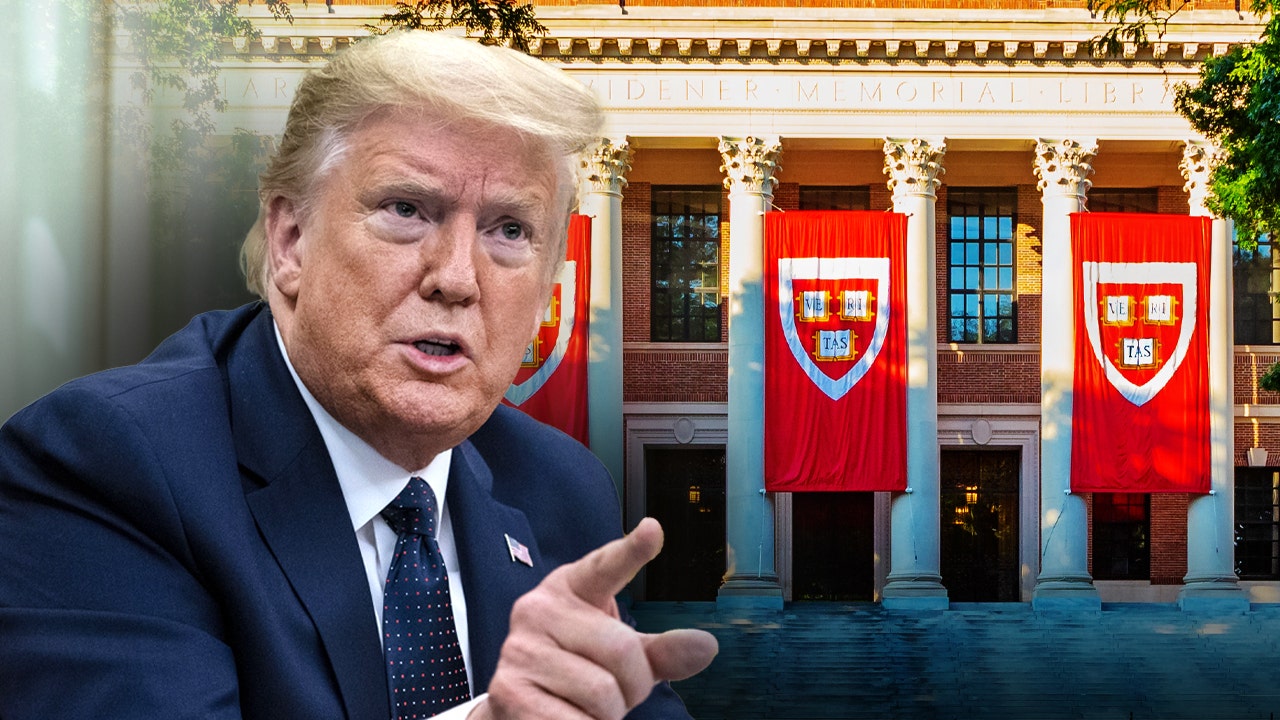Trump sparks backlash after proposing 600,000 Chinese student visas

President Donald Trump’s decision to allow 600,000 Chinese student visas has caused quite a stir among conservatives. During ongoing trade talks with China, Trump announced that the U.S. would continue to welcome Chinese students, emphasizing the importance of their presence in American colleges and universities.
However, not everyone is on board with this decision. Some immigration groups and conservative voices have expressed concerns about the potential risks associated with granting so many student visas to Chinese nationals. Rep. Marjorie Taylor Greene of Georgia took to social media to voice her opposition, stating that allowing Chinese students to attend American schools could pose a threat if they are loyal to the Chinese Communist Party (CCP).
Joe Chatham, director of government relations at the Federation for American Immigration Reform, also raised concerns about putting foreign students ahead of U.S. graduates. He emphasized the importance of prioritizing the interests of American citizens and ensuring that the nation thrives.
On the other hand, Commerce Secretary Howard Lutnick defended the Trump administration’s stance, arguing that allowing 600,000 Chinese students into the U.S. could prevent lower-tier colleges from going out of business. He highlighted the economic benefits of hosting top-tier Chinese students and the potential for them to contribute to American innovation and talent pool.
Despite the controversy surrounding this decision, some have supported the idea of bringing top-tier Chinese students to the U.S. They argue that hosting these students could benefit the country by attracting future leaders, scientists, and innovators from China. This perspective sees the influx of Chinese students as a way to bolster America’s talent pool and enhance cultural exchange between the two countries.
In conclusion, President Trump’s plan to allow 600,000 Chinese student visas has sparked a heated debate among conservatives. While some oppose the decision due to national security concerns, others see it as an opportunity to bring in top-tier talent and strengthen bilateral relations with China. The ongoing discussion reflects the complex dynamics of immigration policy and its implications for the U.S. education system.




